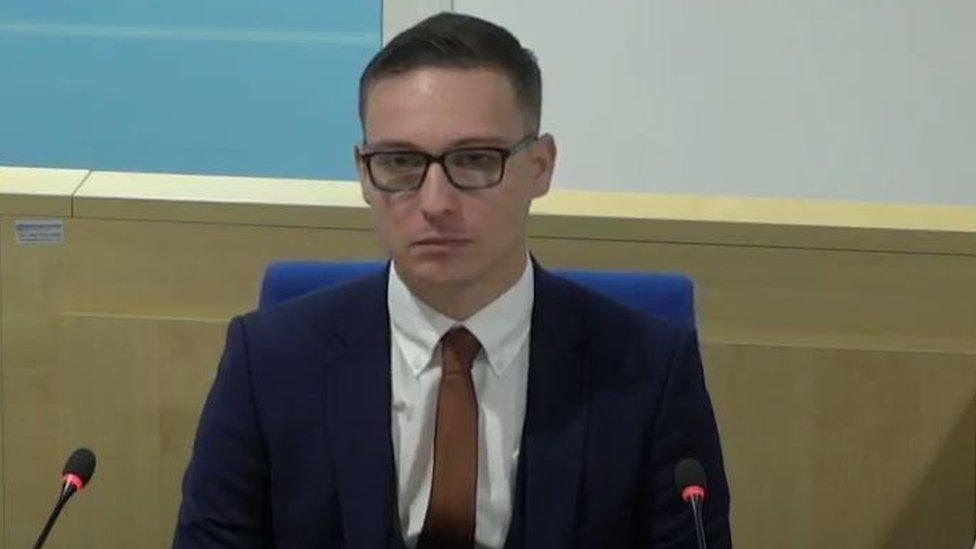Manchester Arena Inquiry: 'Nightmare journey' delayed fire chief
- Published
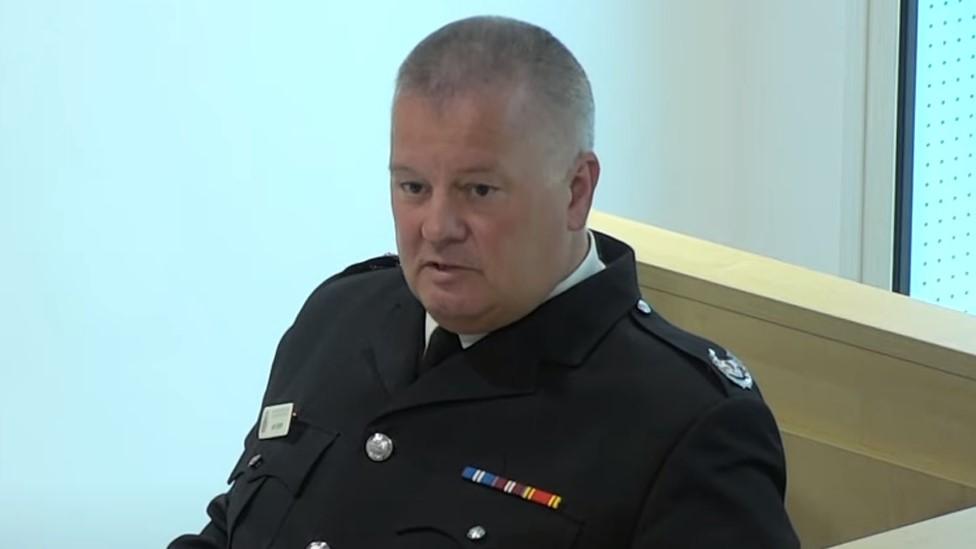
Andy Berry chose to meet colleagues three miles away from the Manchester Arena
A senior firefighter got lost on a "nightmare journey" to a meeting point he had suggested after the Manchester Arena attack, an inquiry has heard.
About 10 minutes after the bombing, Andy Berry chose to meet colleagues at Philips Park Fire Station, three miles away from the arena.
His decision meant crews based in the city centre moved away from the arena.
Firefighters eventually took more than two hours to attend the bombing in May 2017, the public inquiry heard.
The drive from Mr Berry's home in the Wigan area to Philips Park would normally take 35 minutes with blue lights on but he was "significantly hampered" by a number of roadworks and the trip instead lasted 56 minutes.
He arrived at the same time as the final living casualty was being evacuated from the City Room foyer, where Salman Abedi detonated his bomb at the end of an Ariana Grande concert on 22 May, killing 22 people and injuring hundreds.
Mr Berry agreed when counsel to the inquiry Paul Greaney QC asked him: "The satnav took you along a number of winding country roads?"
Mr Greaney also asked: "You didn't really have the faintest idea where you were?"
The witness said: "I didn't."
The barrister went on: "And you just had to trust in your satnav?"
Mr Berry said: "I did."
The firefighter agreed the circumstances were not "likely to aid dynamic decision-making".

Twenty-two people were killed in the May 2017 bombing
Mr Berry was performing the tactical role of duty national inter-agency liaison officer on the night, with responsibilities including giving advice to his commanders and other agencies.
The inquiry heard during his journey, he repeatedly tried without success to contact Greater Manchester Police's (GMP) force duty officer, the initial commander of the incident, and also took calls from colleagues as he told them about his "nightmare journey".
Mr Greaney said North West Fire Control rang Mr Berry at 22:57 BST, by which time it had been informed that GMP officers were on the scene, along with an ambulance service commander, and that the injuries looked like shrapnel wounds rather than from gunshots, but the information was not passed on to him.
Asked what he would done then if he had that information, Mr Berry said: "Well, we would have quite clearly deployed probably straight to the arena, proceeding with caution."
Mr Berry also agreed that had he remained at home, where he had access to work logs on his computer, he would have gained earlier situational awareness and again deployed to the scene earlier.
'All frustrated'
The inquiry was told that updates from the scene at about 23:00 from the British Transport Police and the first paramedic to enter the City Room also did not reach Mr Berry.
Mr Greaney put it to Mr Berry that an "extraordinary feature" of what went wrong on the night was that he and senior colleagues lacked situational awareness but firefighters waiting on the ground at Philips Park knew what was happening.
He said: "Is it fair to say this is an extraordinary state of affairs that the troops on the ground have situational awareness, that's why they are so desperate to get there, and the bosses don't?"
Mr Berry replied: "We were all desperate to get there and all frustrated on the night. That information was never shared with me."
The inquiry continues.

Why not follow BBC North West on Facebook, external, Twitter, external and Instagram, external? You can also send story ideas to northwest.newsonline@bbc.co.uk
Related topics
- Published21 June 2021
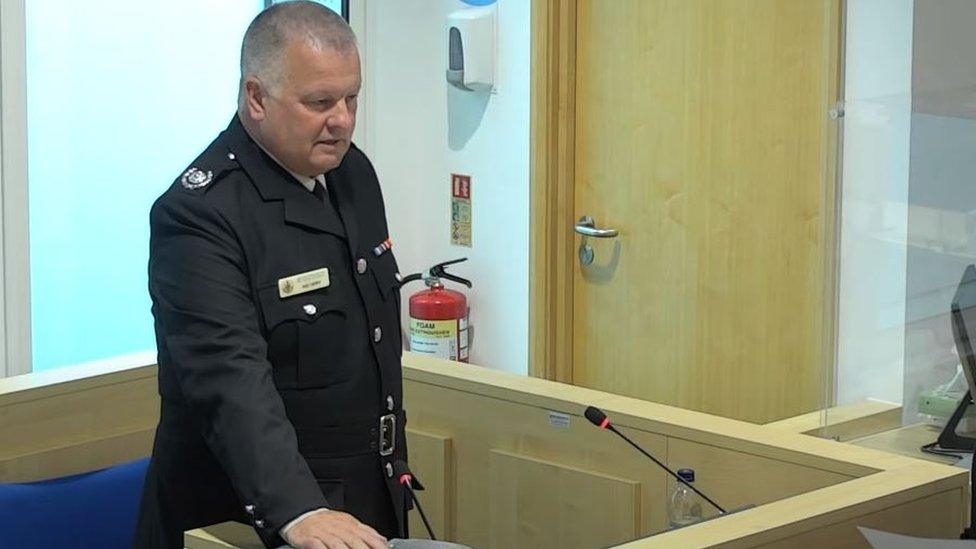
- Published17 June 2021
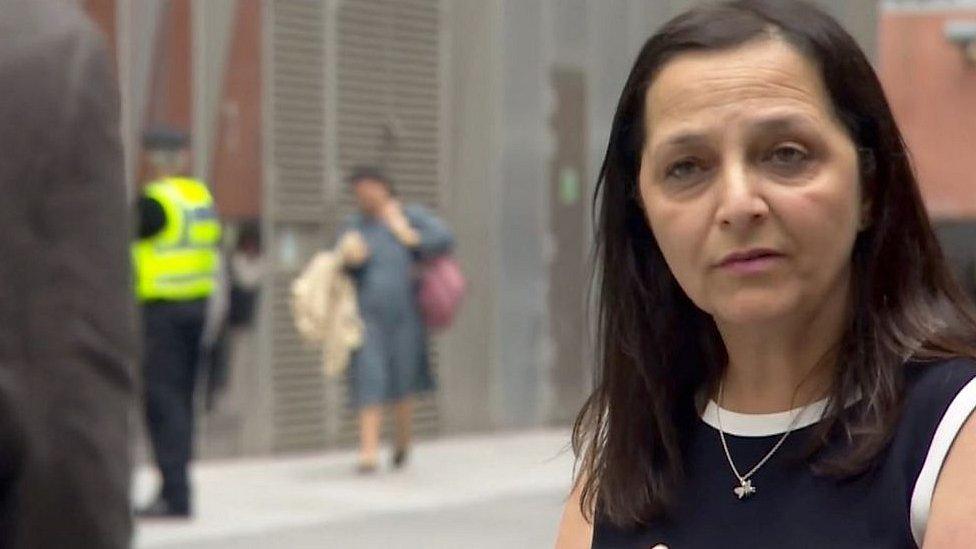
- Published17 June 2021

- Published17 June 2021
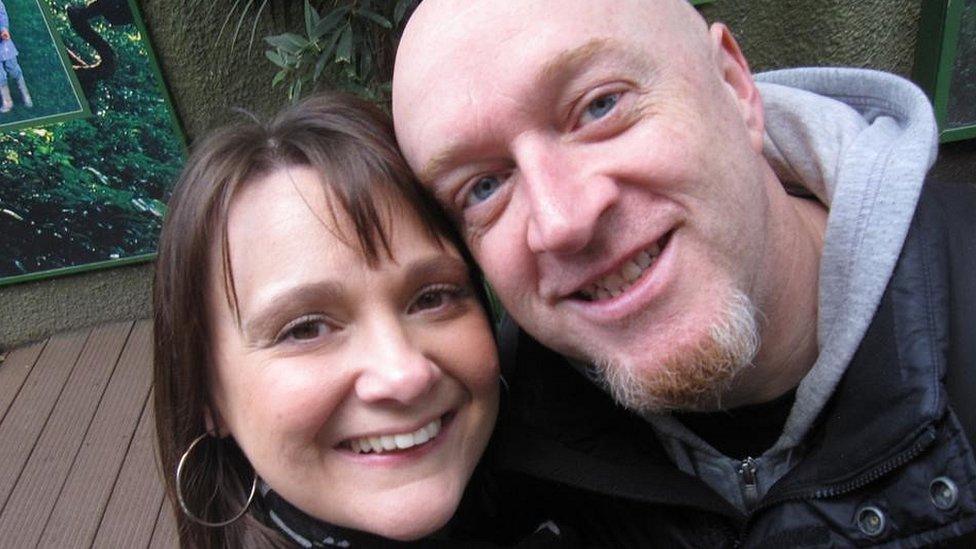
- Published16 June 2021
